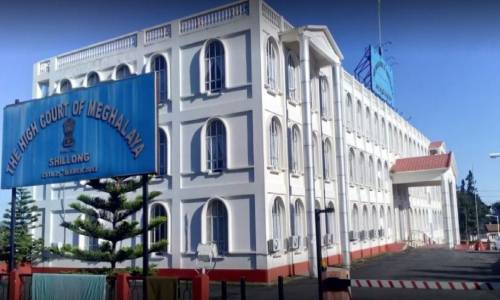
The High Court of Meghalaya has ruled that a writ petition can be filed against an arbitral tribunal ruling framing issue in a claim that has been completely settled in an interim award. The Single Bench of Justice H.S. Thangkhiew has ruled that if an arbitrator poses an issue relating to a claim that has already been decided in an interim judgement, the arbitrator will be functioning without jurisdiction.
The Court stated that when a claim is finally decided at the interim stage under Section 31(6) of the A&C Act, the arbitral tribunal becomes functus officio and hence lacks inherent jurisdiction to decide the same matter again.In the instant case titled Government of Meghalaya v. M/s BSC- C&C JV the issue raised before the High Court of Meghalaya for clarification was:
Whether it is possible to file a writ petition against an arbitral tribunal's order defining the issue qua a claim that has already been settled by an interim award?
The Court noted that while the tribunal had left the issue open-ended in the interim award and awarded the amount subject to certified calculations, the tribunal had held the interim award to be final in respect of the issues decided thereunder while rejecting the application for modification of the award and also for an additional award. Moreover, The High Court of Meghalaya ruled that an arbitrator cannot raise a question about a claim that has already been determined in an interim award. The Court went on to say that, given the unusual circumstances in this case, Article 227 power warranted interference.
The Court categorically held that"The policy of minimum judicial intervention as provided under Section 5 of the Act is always uppermost in the minds of the Courts while exercising powers under Article 226 and 227 in matters concerning arbitration
proceedings. However, situations and circumstances that have arisen in the
instant matter where recourse to Section 37 of the Act is unavailable, or for that matter Section 16(5) also would not yield any remedy to correct the proceedings, as a decision rejecting a plea under Section 16(5) can only be challenged with the final award, the petitioner cannot be faulted for seeking
remedy under Article 227 of the Constitution of India."
As a result, the Court overturned the tribunal's order defining the issue in the claim decided in the interim award.
